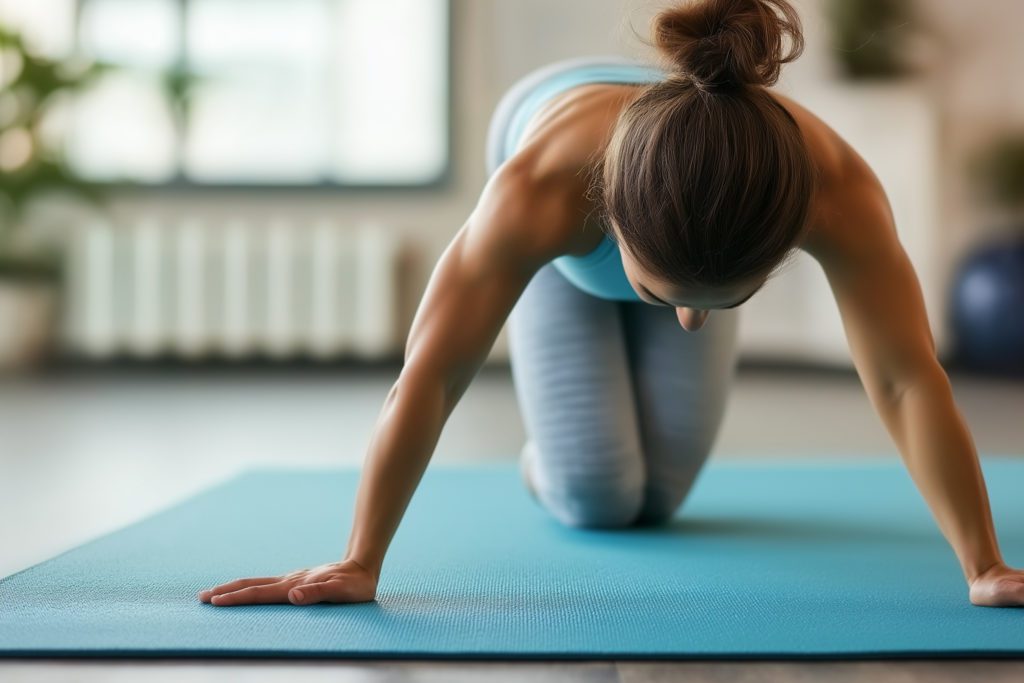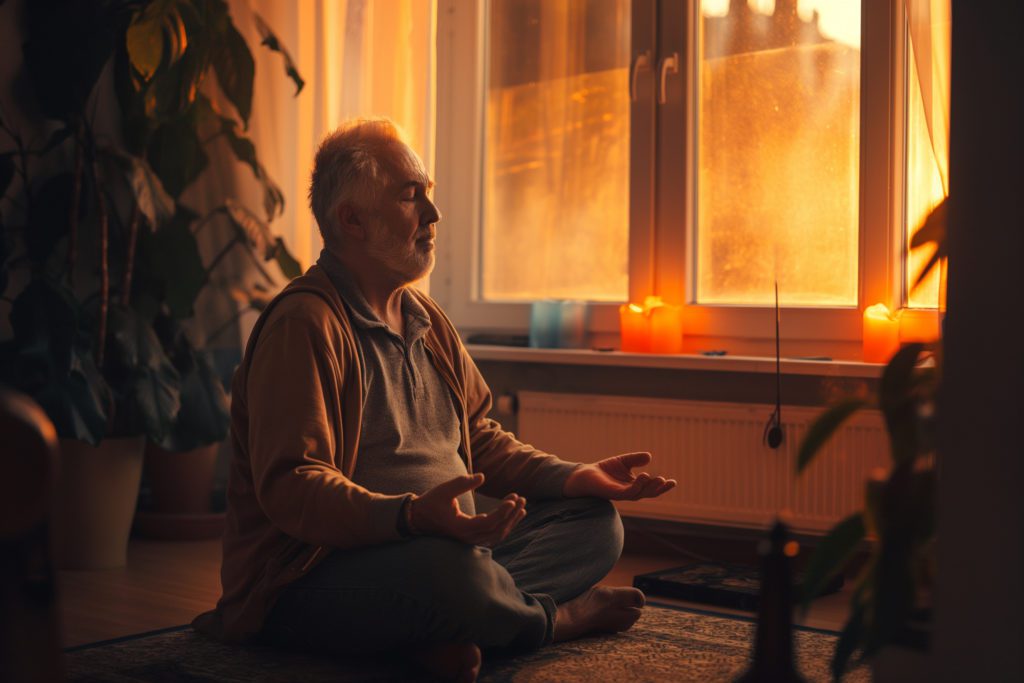
The Influence of Mindfulness on Physical Health
Mindfulness isn’t just a mental exercise! Read ahead for incredible insights about mindfulness and better physical health.

In today's fast-paced world, where we're constantly juggling work, relationships, and that ever-growing to-do list, mindfulness has become the buzzword. But what exactly is it, and why should you care? Well, if you’ve ever found yourself in a situation where your body is in one place, but your mind is in another, mindfulness can help.
Mindfulness is backed by science and is not just about feeling good. It’s about being good—to your body. Research shows that practicing mindfulness can do wonders for your physical health. Some remarkable benefits include better control of blood pressure and improved sleep.
In this article, we’ll explore how mindfulness isn’t just a mental exercise—it’s a full-body experience. So, read ahead for incredible insights about mindfulness and better physical health.
What Exactly is Mindfulness?
Let’s get down to basics—what on Earth is mindfulness, anyway? Imagine you’re eating your favorite slice of pizza. Instead of scrolling through your phone, you take a moment to taste it. You savor the tangy tomato sauce, the gooey cheese, and that perfect crust. That’s mindfulness—paying attention to the present moment without letting your mind wander off to some unimportant thing or thought.
At its core, mindfulness is about fully engaging with whatever you’re doing right now. Mindfulness can be woven into your everyday activities—whether it’s during your morning coffee, your commute, or even that awkward small talk with your neighbor.
Historically, mindfulness is rooted in various cultures, particularly Eastern traditions. However, the West has embraced it with open arms, too.
The beauty of mindfulness lies in its simplicity. You don’t need any special tools. All you need is a bit of patience and a willingness to slow down, even if just for a moment. And trust me, your body will thank you for it.
The Science Behind Mindfulness and Physical Health
Research has shown that practicing mindfulness can significantly improve physical health. When we talk about mindfulness and physical health, we’re talking about real, measurable changes in the body.
One of the most well-documented benefits is stress reduction. By focusing on the present moment, you’re telling your body that everything is okay and that no danger lurks around the corner. This calms your nervous system and can lower your blood pressure, reduce chronic pain, and even boost your immune system.
But wait, there’s more! Mindfulness doesn’t just stop at stress reduction. It’s also been shown to have a positive impact on various physical conditions. For example, studies have found that mindfulness practices can reduce inflammation. Chronic inflammation is linked to a slew of health problems, including heart disease and diabetes. By practicing mindfulness, you’re essentially giving your body a break from the constant barrage of stressors, which helps to keep inflammation in check.
Moreover, mindfulness has been linked to better sleep. And let’s be honest, who couldn’t use a little more of it? By calming the mind before bed, mindfulness can help you fall asleep faster and stay asleep longer.
Mindfulness Practices That Improve Physical Health
Now that we’ve covered the science, let's talk about the real part—how to practice mindfulness to benefit your physical health. It’s easier than you think.
Mindful Breathing
One of the most straightforward mindfulness practices is mindful breathing. Sounds too basic to be true, right? But think about it—when was the last time you actually paid attention to your breath? Probably not since that yoga class you took three years ago. Mindful breathing is all about bringing awareness to each inhale and exhale. The next time you’re feeling stressed, try this:
- Close your eyes.
- Take a deep breath through your nose.
- Slowly exhale through your mouth.
Repeat this a few times, and you’ll notice your shoulders start to relax, and your mind begins to quiet down. This simple practice can reduce anxiety, making it a great tool for physical health.
Mindful Eating
Another fantastic practice is mindful eating. Remember that pizza we talked about earlier? Mindful eating is about fully experiencing the taste, texture, and aroma of your food. It’s not just about eating slowly—it’s about truly enjoying your meal without distractions. This practice can help with digestion and even prevent overeating, as you’re more in tune with your body’s hunger and fullness cues. Plus, it makes every meal a little more enjoyable.
Body Scan Meditation
The body scan meditation is a great option if you’re looking for something a bit more structured. This involves lying down and mentally scanning your body from head to toe, paying attention to any areas of tension or discomfort.
The goal isn’t to fix anything but to simply observe. This practice can be incredibly relaxing and is often used to help with chronic pain management. By bringing awareness to different parts of your body, you’re fostering a deeper connection between your mind and body, which can lead to better overall health.
Mindful Movements
Let’s not forget about movement. Whether it’s yoga, tai chi, or just a walk in the park, mindful movements are another way to enhance physical health. When you focus on each movement, you’re not only improving your physical fitness but also reducing stress and promoting relaxation.
So, there you have it—the connection between mindfulness and physical health is stronger than that second cup of coffee you reach for on a Monday morning. Mindfulness isn’t just a trendy buzzword; it’s a powerful practice that can positively impact your body in more ways than one. From reducing stress and lowering blood pressure to improving sleep and managing pain, the benefits are real, and they’re backed by science.
The best part? You don’t need to be a meditation guru or have hours of free time to reap these benefits. Mindfulness can be as simple as taking a few deep breaths, paying attention to the present moment, or enjoying your meal without distractions. It’s about making small, intentional changes that can lead to big results over time.

Written by
Dr Aqsa
As a Medical Doctor, Dr Aqsa, uses her knowledge to craft complex medical information that is understandable to the general public. For years, she has tried to improve health literacy and empower readers with valuable health knowledge through her articles, blog posts, and educational materials.
Download Pillow
Get help
Press & News
Legal
Connect
X (Twitter)
Company
Copyright © Neybox Digital Ltd.



